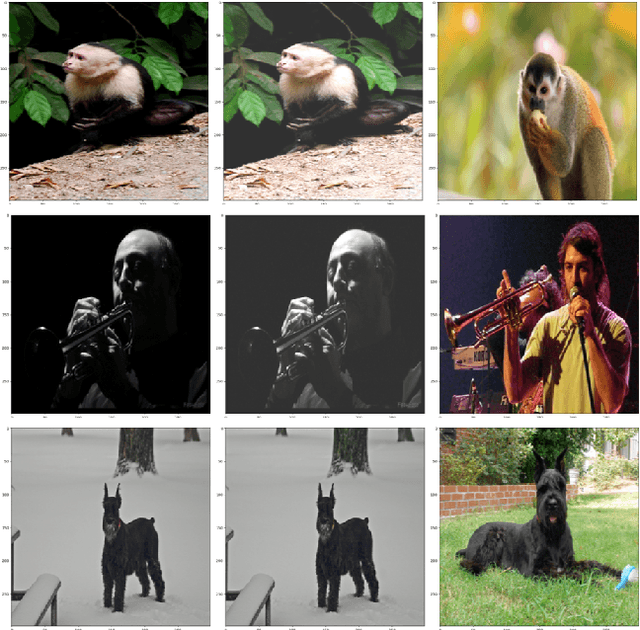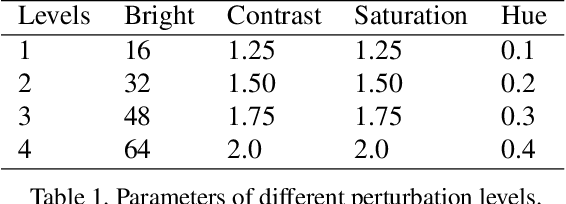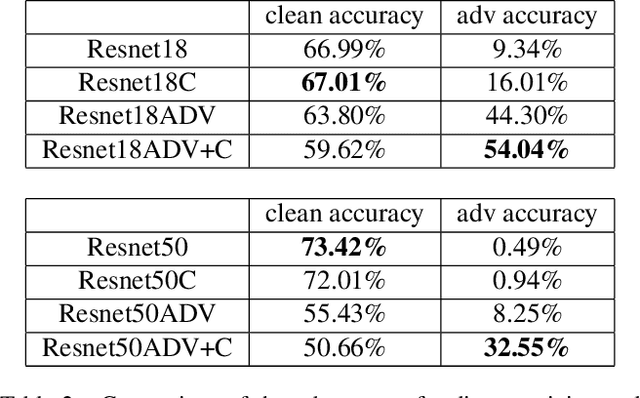An Experimental Study of Semantic Continuity for Deep Learning Models
Paper and Code
Nov 19, 2020



Deep learning models suffer from the problem of semantic discontinuity: small perturbations in the input space tend to cause semantic-level interference to the model output. We argue that the semantic discontinuity results from these inappropriate training targets and contributes to notorious issues such as adversarial robustness, interpretability, etc. We first conduct data analysis to provide evidence of semantic discontinuity in existing deep learning models, and then design a simple semantic continuity constraint which theoretically enables models to obtain smooth gradients and learn semantic-oriented features. Qualitative and quantitative experiments prove that semantically continuous models successfully reduce the use of non-semantic information, which further contributes to the improvement in adversarial robustness, interpretability, model transfer, and machine bias.
 Add to Chrome
Add to Chrome Add to Firefox
Add to Firefox Add to Edge
Add to Edge